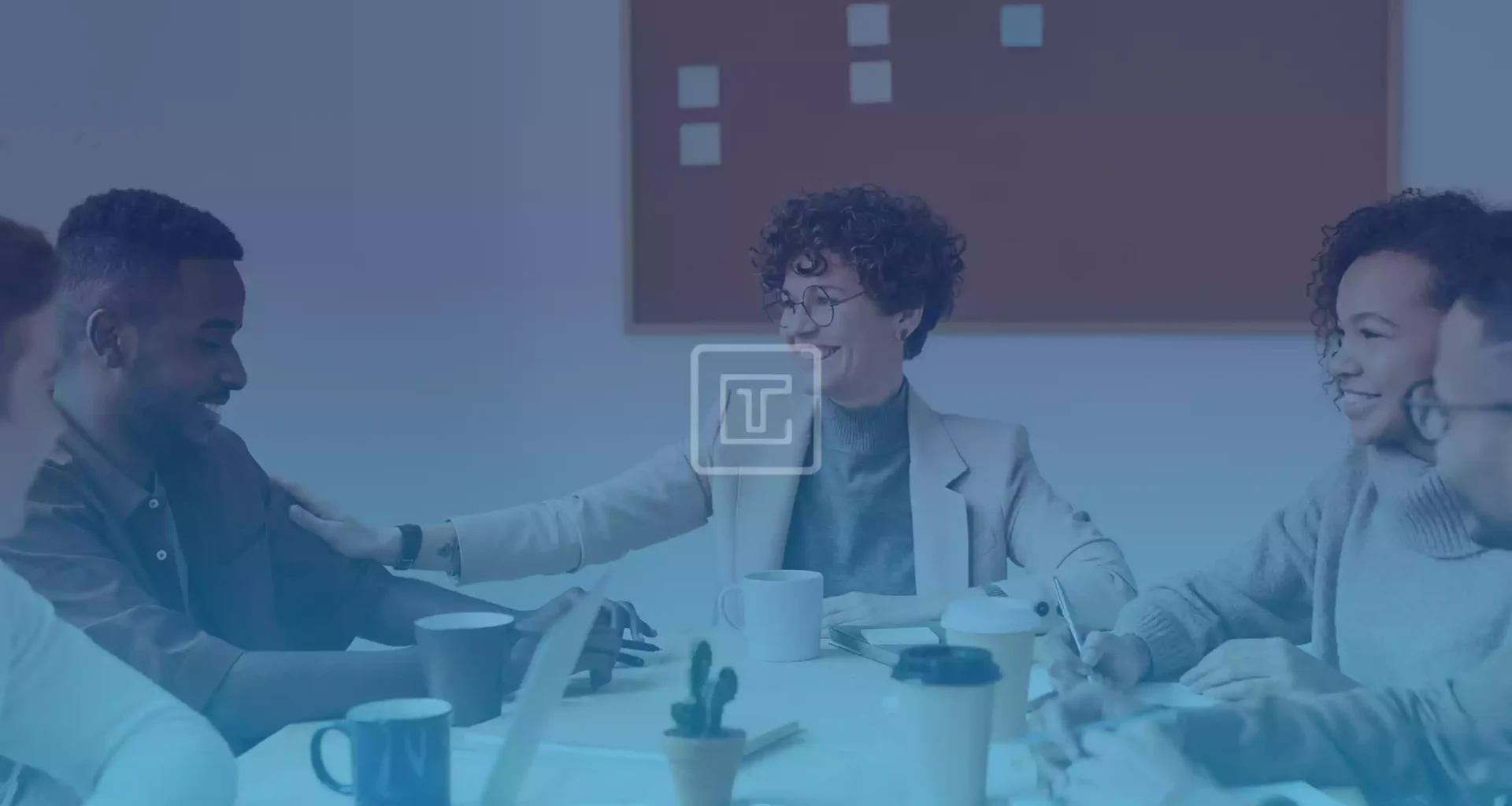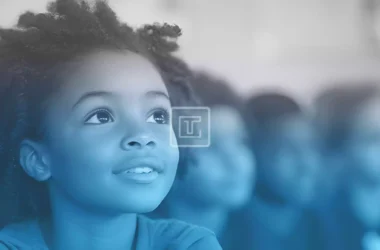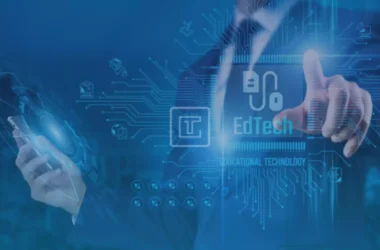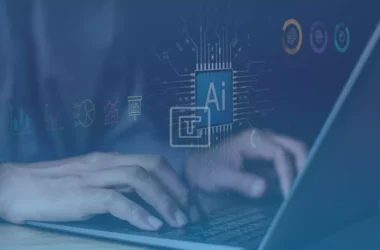The traditional classroom model, with its one-size-fits-all approach to teaching, has long been the standard in education. However, it has become increasingly clear that students learn at different paces, with unique strengths, challenges, and preferences. As we move into the digital age, educational technology (EdTech) is revolutionizing how we approach learning by creating personalized experiences that cater to each student’s needs. Personalized learning, facilitated by advanced EdTech solutions, is empowering students to take charge of their education, learn at their own pace, and receive the support they need to thrive.
This article explores how EdTech innovations are transforming education by tailoring learning experiences to individual students, ensuring that no one is left behind or held back, and helping students achieve their fullest potential.
The Shift Towards Personalized Learning
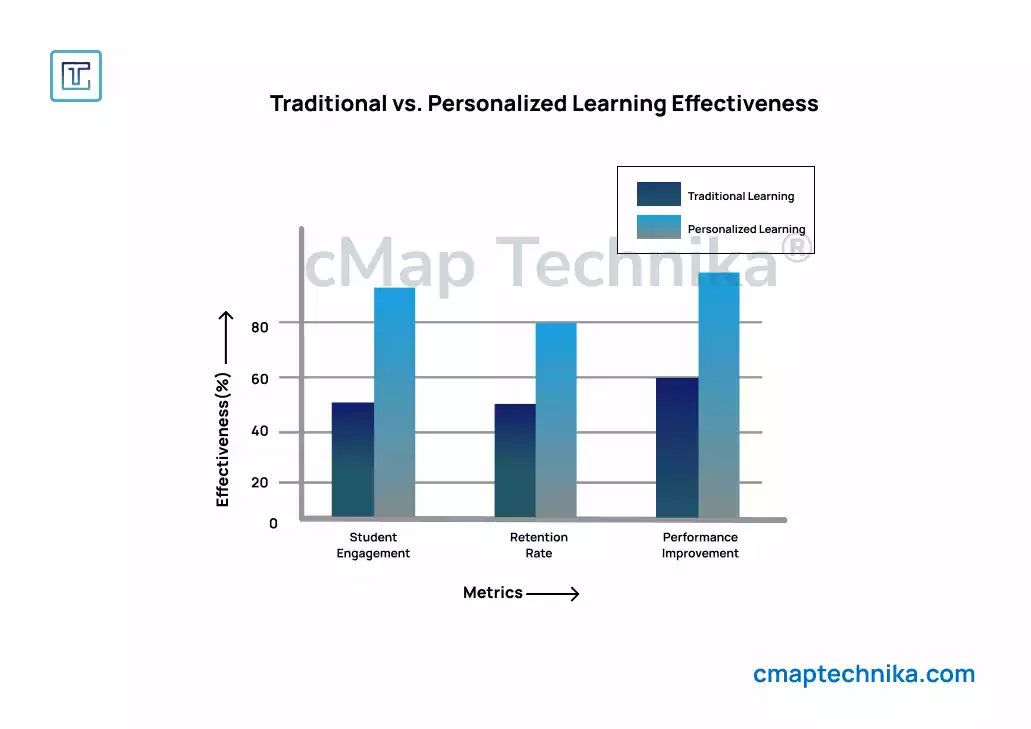
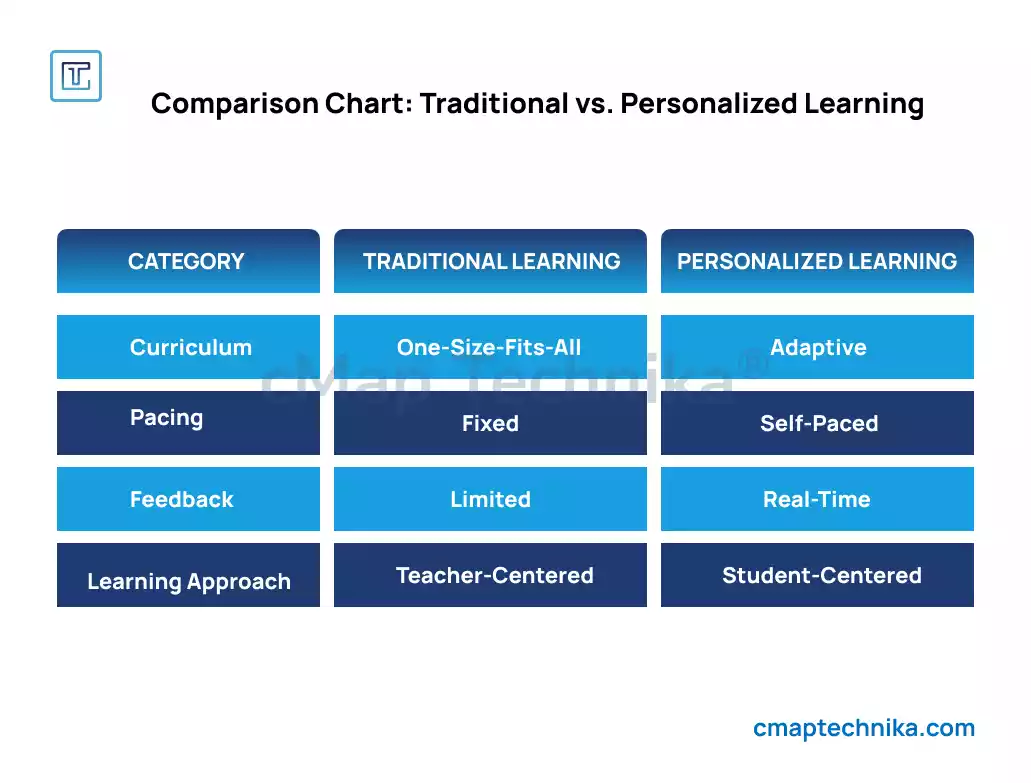
Personalized learning is an educational approach that takes into account the diverse learning styles, paces, and interests of students. Instead of following a rigid, one-size-fits-all curriculum, personalized learning allows students to engage with content in ways that best suit their needs. This approach recognizes that students have different backgrounds, strengths, weaknesses, and learning preferences. As a result, personalized learning seeks to provide tailored instructional strategies, materials, and assessments that adapt to each student’s individual needs.
For many years, the education system has operated on a traditional model where all students are expected to learn the same material in the same way and at the same pace. However, this model often fails to address the varying levels of readiness, interests, and abilities among students. Some students may struggle to keep up with the pace, while others may become bored or disengaged because the material is not challenging enough.
EdTech solutions are now stepping in to address these challenges by offering personalized learning experiences that are tailored to each student’s needs. These tools provide a more adaptive, flexible, and engaging way of learning, ensuring that every student can progress according to their abilities and interests.
The Role of EdTech in Personalized Learning
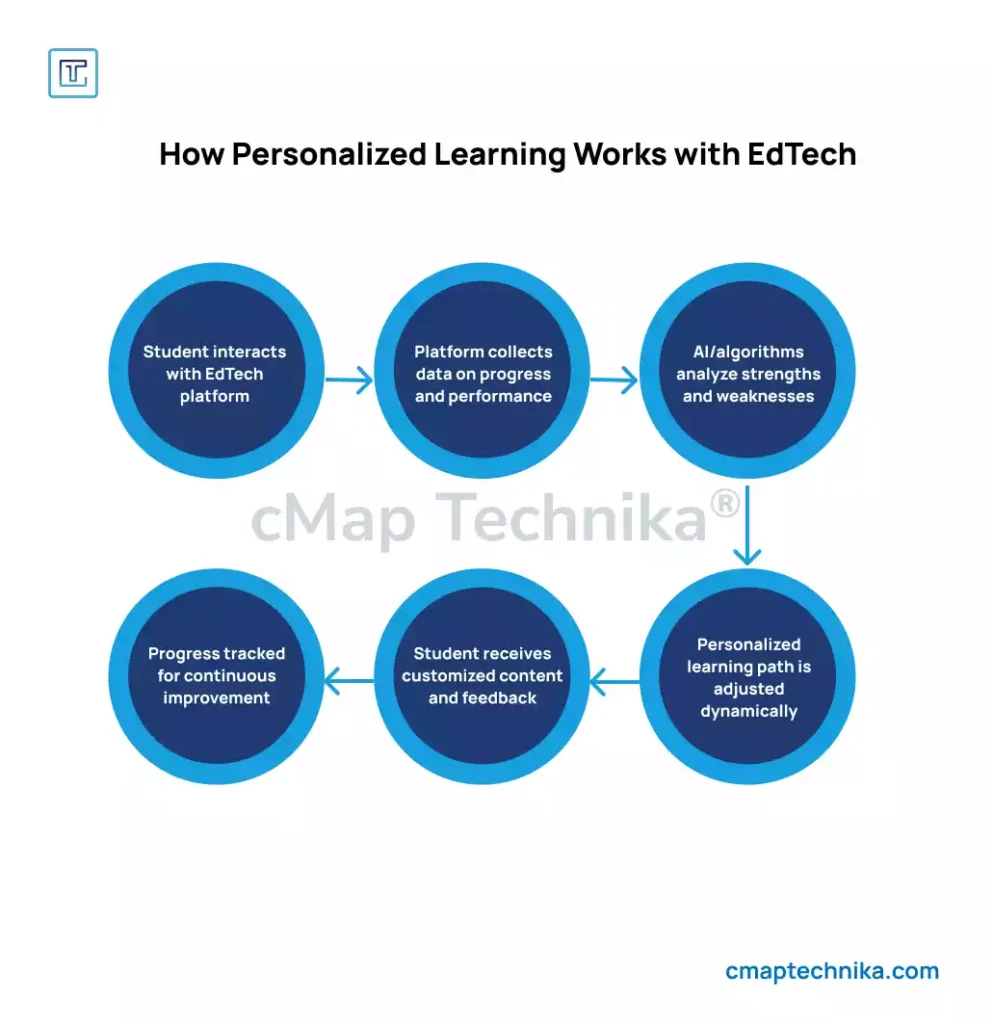
EdTech solutions are at the forefront of the personalized learning revolution. By leveraging data analytics, artificial intelligence (AI), and machine learning algorithms, EdTech platforms can track a student’s progress and adapt in real time to provide individualized instruction. These technologies enable educators to create custom learning paths for each student, adjusting content, pacing, and assessments based on the student’s performance and needs.
Here are some of the key EdTech innovations that are driving personalized learning:
1. Adaptive Learning Platforms
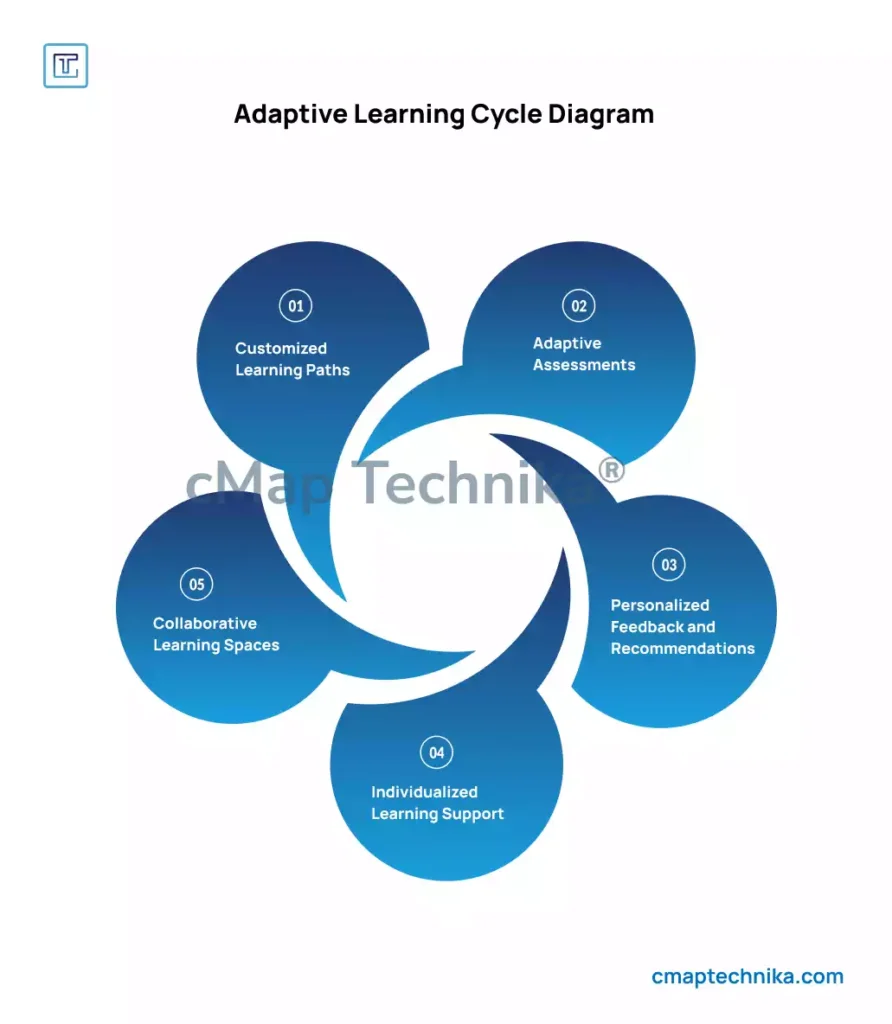
Adaptive learning platforms are perhaps the most prominent EdTech solution for personalized learning. These platforms use algorithms to assess a student’s current knowledge and skills, then adjust the learning content to meet their individual needs. As students interact with the platform, the system continuously tracks their progress and dynamically adjusts the difficulty of exercises, suggesting different learning paths as needed.
For example, platforms like DreamBox, Knewton, and McGraw-Hill Education’s ALEKS offer adaptive learning features that customize lessons based on how well students understand the material. If a student struggles with a particular concept, the platform will provide additional practice or offer alternative explanations until the student masters it. Conversely, if a student excels, the platform can present more advanced material to challenge them further.
This type of personalized learning ensures that students are neither bored by material that is too easy nor overwhelmed by content that is too difficult. Adaptive learning platforms make it possible for students to work at their own pace and receive instruction that is specifically designed to help them succeed.
2. Learning Management Systems (LMS)
Learning Management Systems (LMS) are another crucial tool in delivering personalized education. These platforms offer a centralized space where teachers can create and organize courses, track student progress, and provide personalized feedback. Many modern LMS platforms incorporate features that allow for personalized learning, such as individualized lesson plans, goal-setting tools, and progress trackers.
For instance, platforms like Moodle, Canvas, and Schoology offer teachers the ability to customize content for individual students or groups of students. Teachers can assign different activities based on students’ strengths and weaknesses, and use data analytics to monitor their progress and adjust the content as needed. LMS platforms can also integrate with other EdTech tools, allowing for seamless delivery of personalized learning materials.
3. AI-Powered Tutoring and Chatbots
AI-powered tutoring systems and chatbots are increasingly being used to offer personalized assistance to students. These tools use natural language processing and machine learning to engage students in real-time, answering their questions, guiding them through lessons, and providing instant feedback. The ability of AI-powered tutors to simulate human-like interactions makes them an invaluable resource for personalized learning.
For example, platforms like Squirrel AI and Carnegie Learning offer AI-driven tutoring systems that adapt to each student’s learning journey. These systems can analyze a student’s performance and identify gaps in their knowledge, providing targeted instruction to address specific areas of weakness. Additionally, AI-powered chatbots can assist students outside of class hours, offering on-demand support and guidance whenever needed.
These technologies help create a more personalized learning experience by offering students immediate, tailored assistance that can help them overcome challenges and stay on track with their studies.
4. Gamification and Interactive Learning Tools
Gamification and interactive learning tools are also playing a significant role in personalized learning. These tools use game-like elements such as points, badges, levels, and challenges to engage students and motivate them to learn. They can also be tailored to suit the individual needs of students, offering customized challenges and rewards based on their performance.
For example, platforms like Kahoot! and Classcraft allow teachers to create personalized quizzes and learning activities that adapt to students’ knowledge levels. These interactive tools provide immediate feedback, which is essential for the personalized learning experience. By making learning more enjoyable and interactive, gamified platforms help keep students engaged and encourage them to take ownership of their learning journey.
5. Data Analytics and Learning Analytics Tools
Data analytics and learning analytics tools provide invaluable insights into student performance and help educators personalize their teaching strategies. These tools collect data on student interactions with EdTech platforms, identifying trends in behavior, areas where students are struggling, and areas where they are excelling. With this data, teachers can create targeted interventions and modify their teaching approaches to better meet the needs of each student.
Platforms like PowerSchool and Edulastic allow teachers to track student progress in real time, providing them with the information they need to adapt their lesson plans and strategies. Learning analytics can also help identify patterns in student performance, such as common misconceptions or knowledge gaps, allowing teachers to address these issues proactively.
Benefits of Personalized Learning
The shift towards personalized learning offers several benefits for students, educators, and institutions:
- Improved Student Engagement: Personalized learning tools keep students engaged by presenting content that is relevant to their interests and abilities. Students are more likely to stay motivated when they are challenged at an appropriate level and can work at their own pace.
- Better Learning Outcomes: By adapting to individual needs, personalized learning tools help ensure that students fully understand the material before moving on to more advanced concepts. This leads to improved comprehension, retention, and overall academic performance.
- Increased Autonomy: Personalized learning gives students more control over their educational journey. With the ability to work at their own pace and choose learning paths, students develop greater independence and responsibility for their learning.
- Data-Driven Insights: EdTech tools provide educators with valuable data that helps them make informed decisions about teaching strategies and interventions. This allows for more effective instruction and better support for struggling students.
The Future of Personalized Learning
As EdTech continues to evolve, the potential for personalized learning is limitless. Emerging technologies such as virtual reality (VR), augmented reality (AR), and advanced AI will likely play an even greater role in creating immersive, interactive learning experiences that are tailored to individual needs. These technologies will enable even more dynamic and engaging learning journeys, ensuring that every student can reach their full potential.
The future of education lies in its ability to adapt to the unique needs of each student, and with the help of EdTech innovations, personalized learning is paving the way for a more inclusive, flexible, and effective educational experience.
Conclusion
Personalized learning is transforming education, and EdTech solutions are at the heart of this revolution. Through adaptive learning platforms, AI-powered tools, gamification, and data analytics, educators can now tailor educational experiences to the individual needs, preferences, and paces of their students. As technology continues to advance, personalized learning will only become more refined, ensuring that every student has the opportunity to succeed and thrive in an ever-changing world. The future of education is personalized, and the possibilities are endless.



